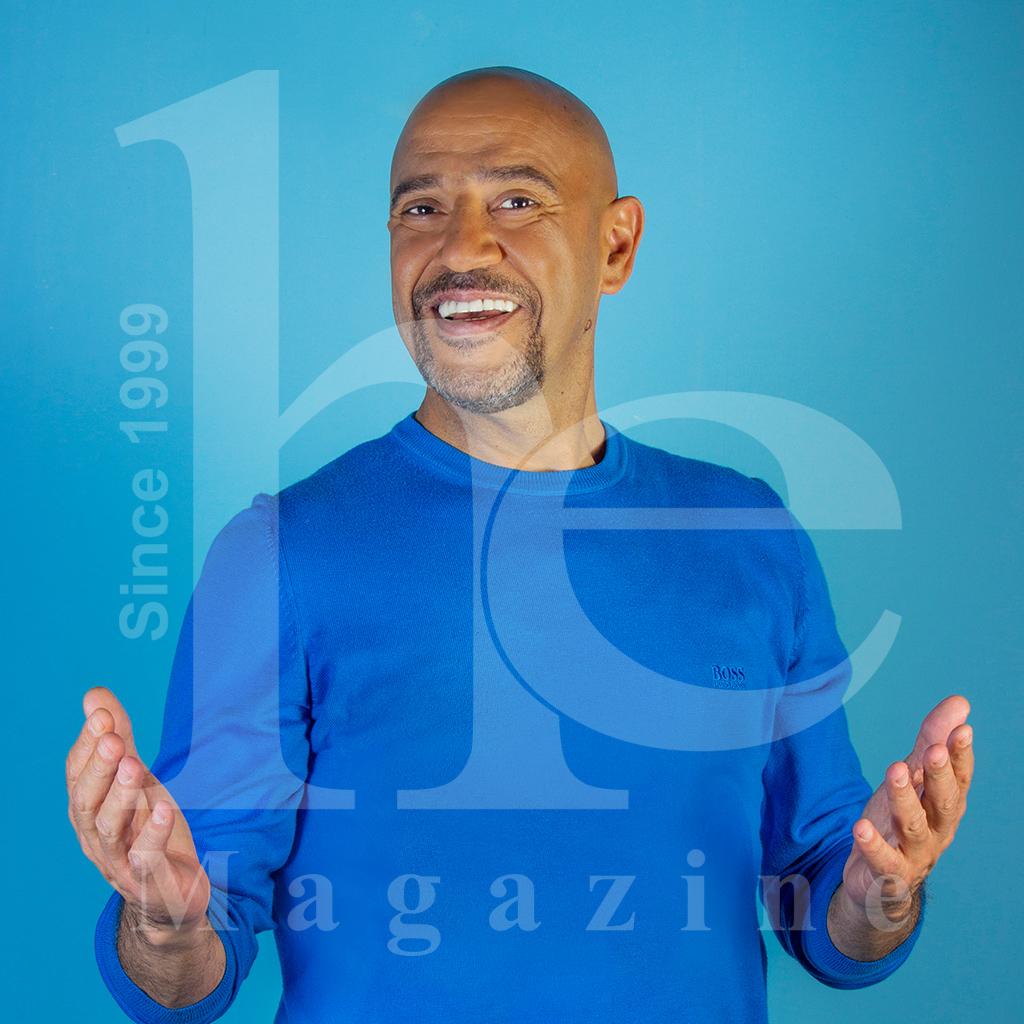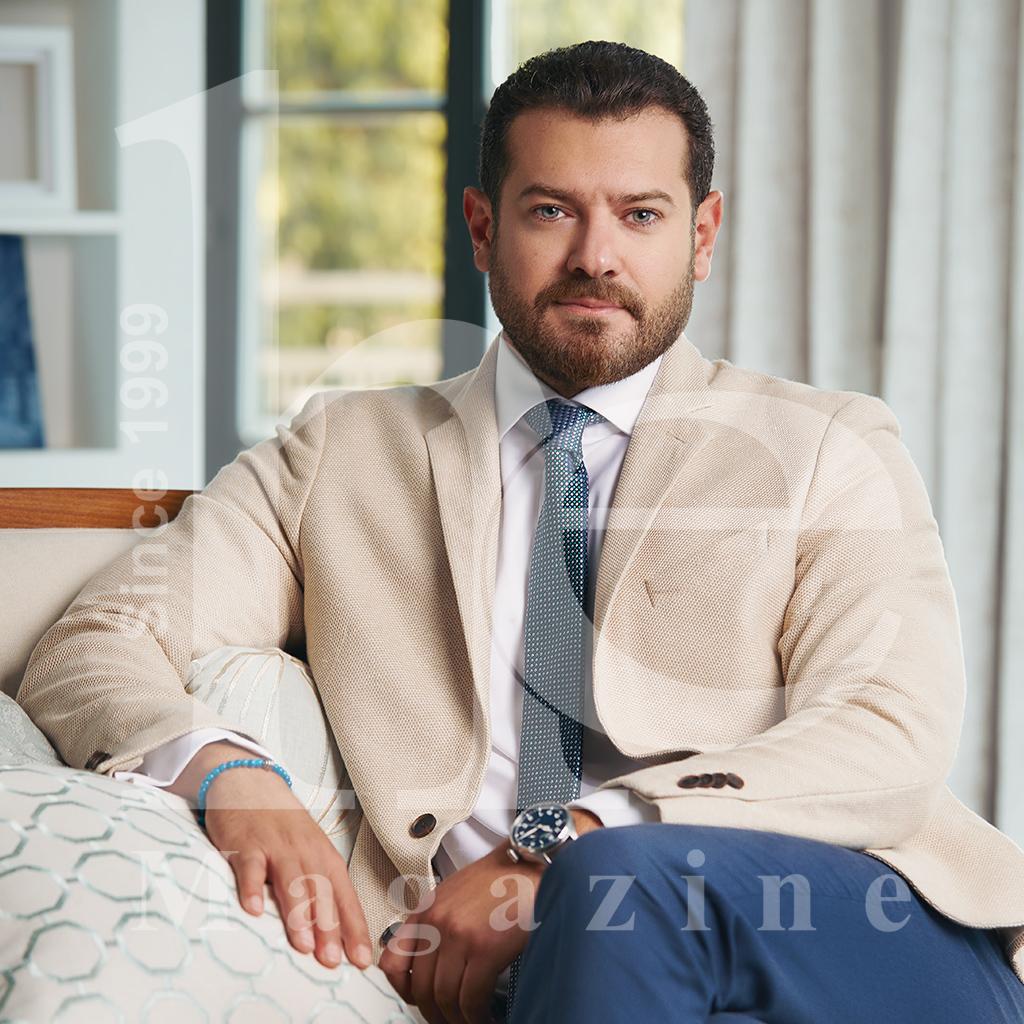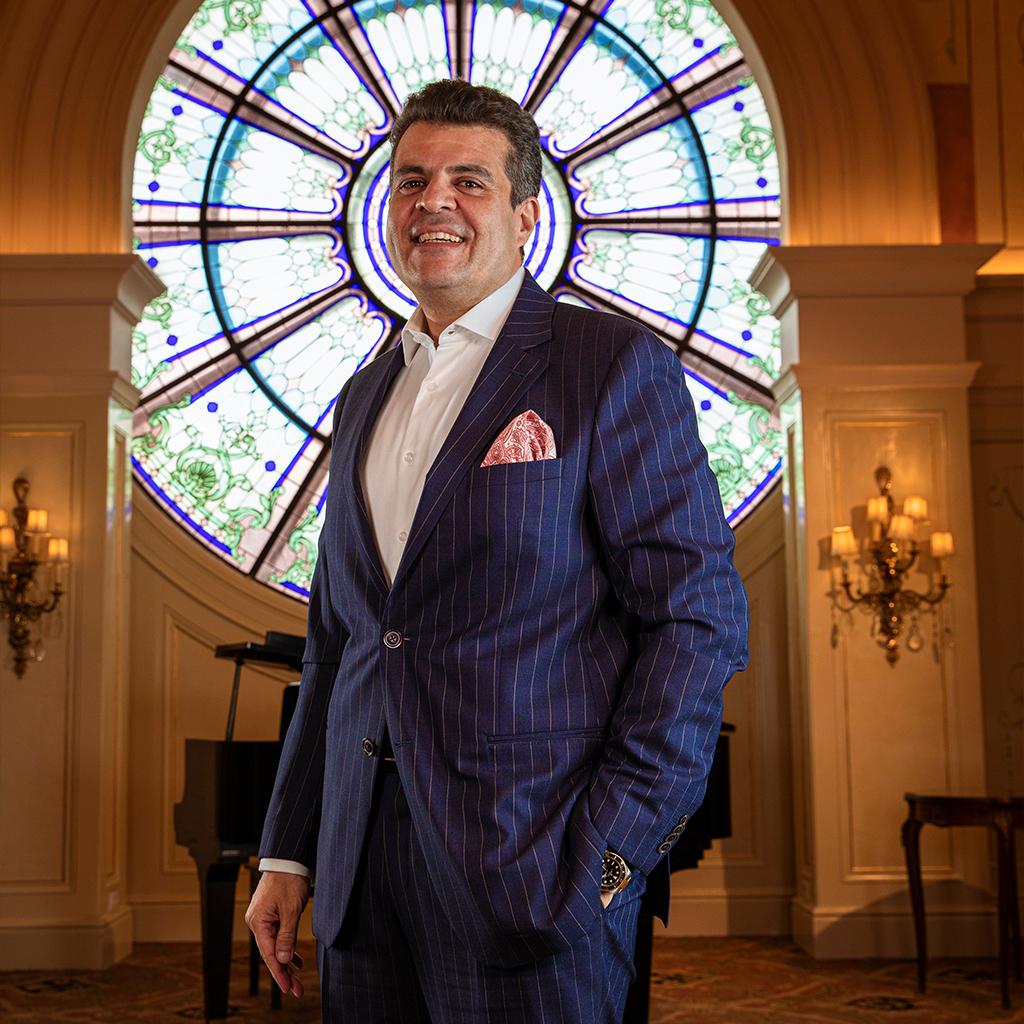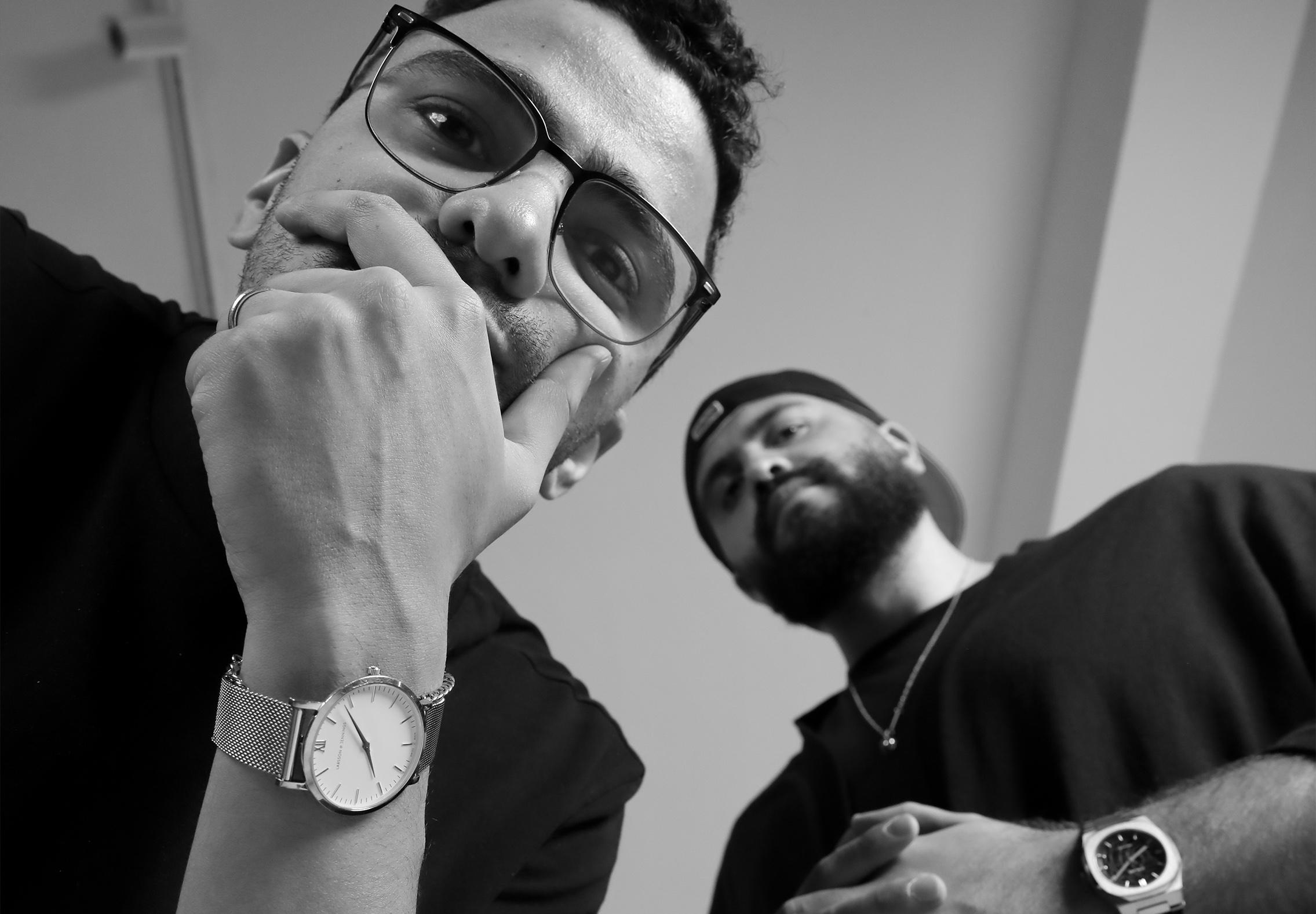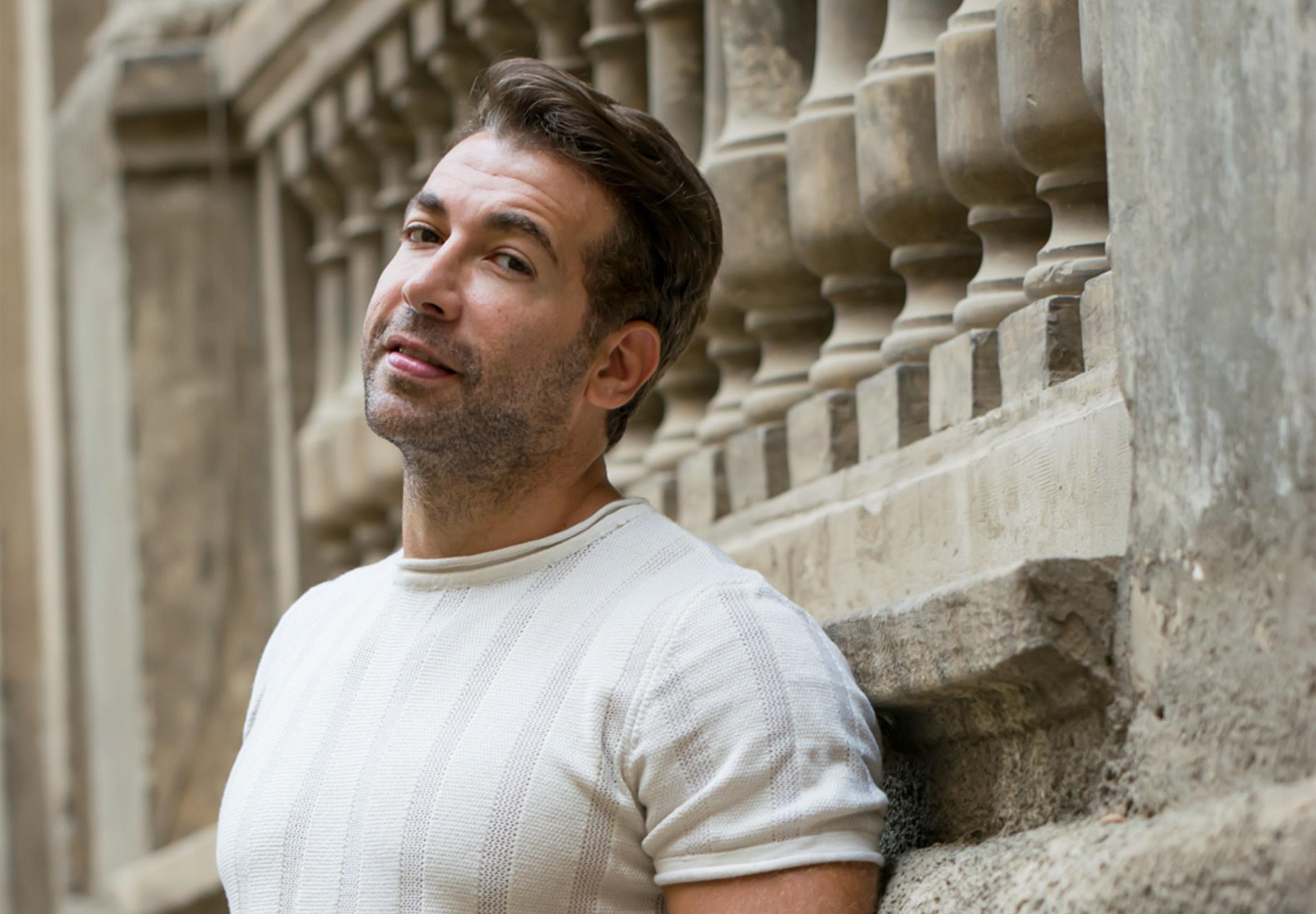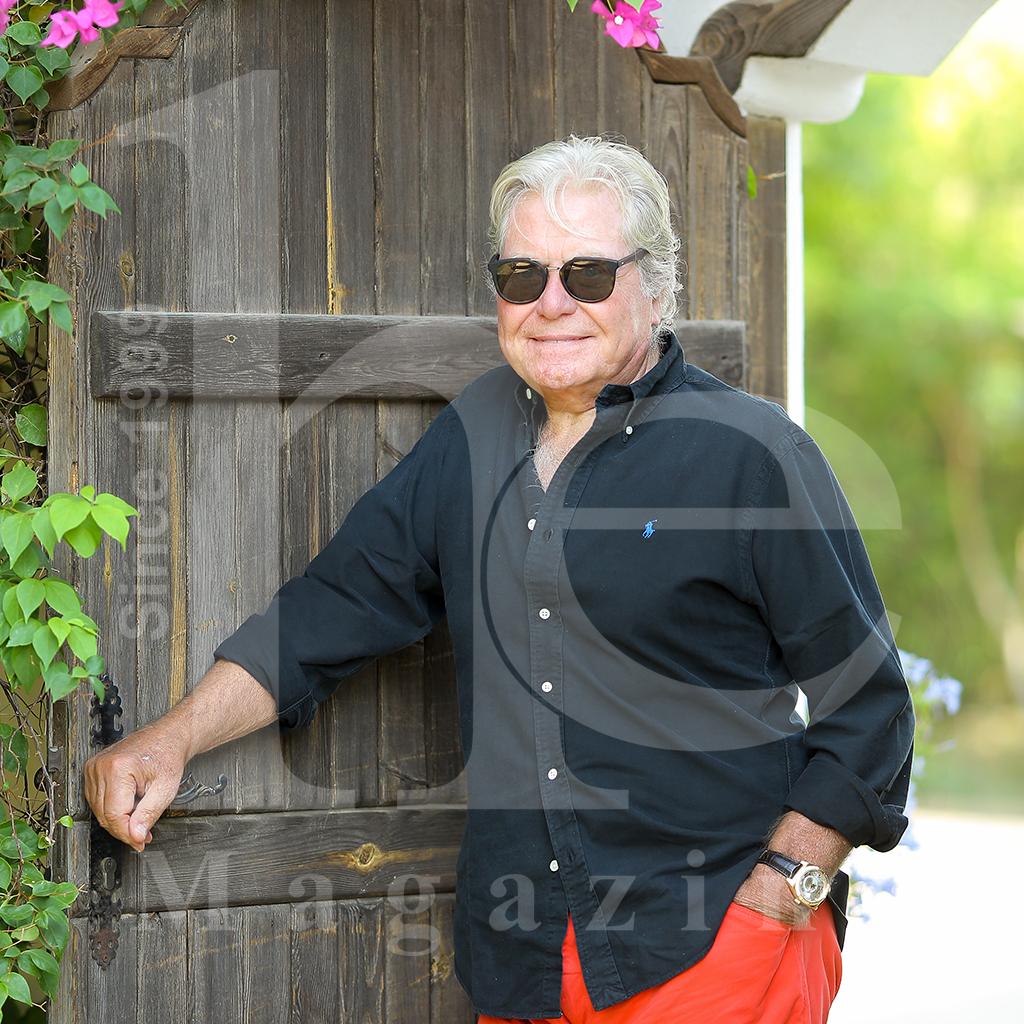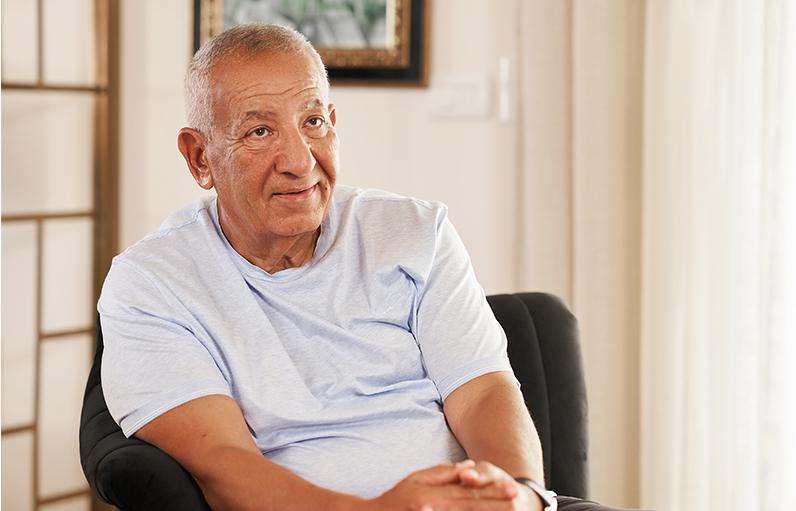
Written by: Perihan El Etreby
Date: 2023-09-27
The Man Behind Egypt’s Flourishing Tourism, Cinema, and Sports Scene
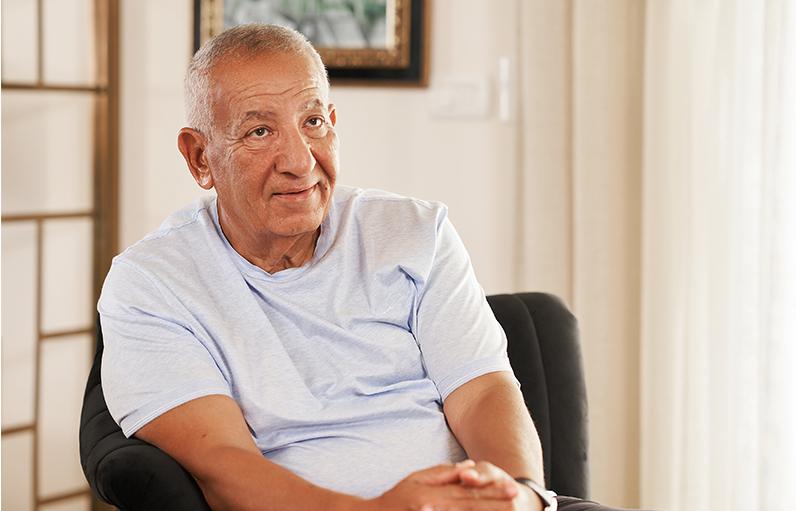
The Man Behind Egypt’s Flourishing Tourism, Cinema, and Sports Scene
In the bustling intersection of Egypt’s dynamic tourism, cinema, and sports industries, there exists a visionary figure who has left an indelible mark on each. Meet Kamel Abou-Aly, a name synonymous with innovation, ambition, and unwavering dedication. Join us as we delve into the life and experiences of this remarkable businessman, film producer, and sports enthusiast. From humble beginnings to international acclaim, Kamel Abou-Aly’s story unveils a fascinating narrative of challenges overcome, dreams realized, and the enduring spirit that drives him to shape Egypt’s cultural and entertainment landscape.
In this exclusive interview, we explore the personal and professional facets of Kamel Abou-Aly, shedding light on the man behind the successes and the legacy he continues to build.
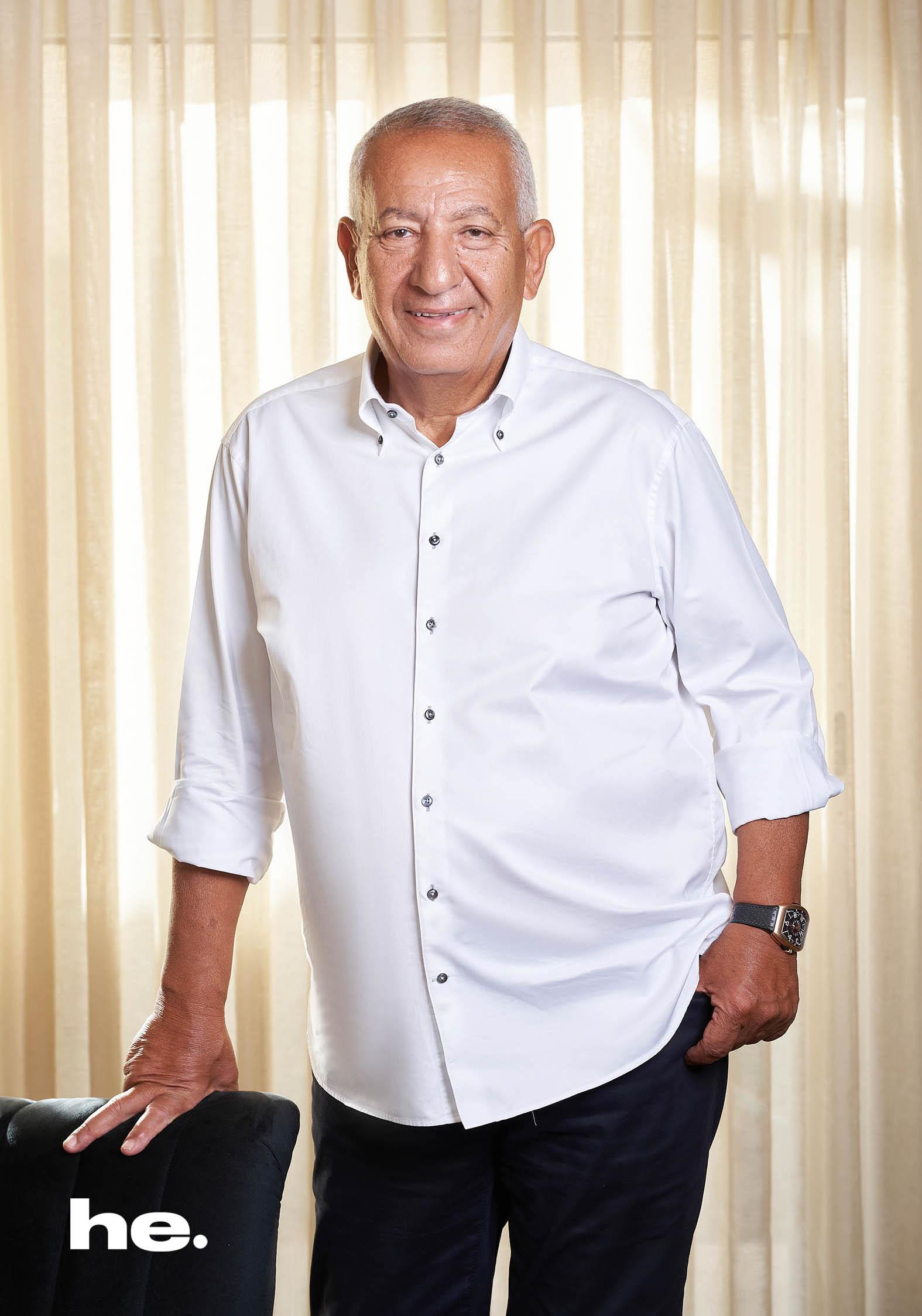
The Tourism Empire
Can you share your journey from the beginning, starting after the war when you moved to Switzerland? How did this experience impact your professional success and personality?
My childhood in Portsaid was a simple and cherished time, marked by football games in the streets that held a unique charm in their simplicity. My family didn’t have a background in tourism or hospitality, and my journey was serendipitous. Encouraged by a friend, I ended up in Switzerland in search of work. After picking cherries and finding a job at a motel, I landed a position at a 5-star hotel in Geneva. It was a small, classy establishment by the lake that served as my real education.
Despite making mistakes, my time there pushed me to learn and improve. I had an Italian manager who influenced my career a lot by then, and although I disliked them, I later appreciated what he’d done. He left a lasting impact on me. At 25, I reached a good position at the Mid Hotel. Then, a chance encounter with a guest led to my first restaurant venture, MOCAMBO, in November 1980. With only 15,000 from the asked price of 180,000 Swiss francs, I started my journey, taking a loan and paying in installments. The restaurant quickly excelled, and I managed over 70 restaurants in Switzerland between 1980 and 1993, favoring challenging projects over established ones, a principle I uphold even in Egypt and Morocco.
Can you share why you chose the challenging business model you did; choosing struggling projects?
Certainly, it’s a combination of factors. I enjoy the challenge of building something from scratch or turning around a struggling venture.
Optimism and hope are ingrained in my personality. Even during tough times, I maintain a positive outlook. If I encounter setbacks, I don’t dwell on them; I analyze the situation and start over.
In 1994, I never thought I’d return to Egypt, but I did. I was already the first Egyptian, and possibly the first Arab, to be the president of an ice hockey club in Switzerland, a sport I’m passionate about. I promised the team a trip to Egypt if we won a tournament. During our visit to Hurghada, we had a terrible experience at a hotel, and that trip was a disaster. It was then that I decided to build my own hotel there. So, in early 1990, I opened my first hotel, Beach Albatros. We faced various challenges, including the impact of an earthquake on tourism. Later, we opened Alf Leila w Leila. Coincidence played a significant role in my journey.
Your hotels have consistently performed well, even during economic crises and the COVID pandemic, where tourists exceeded 12M guests at your resorts. What’s your secret to maintaining this success?
Success is not a solo effort. It’s about having a strong team. My phone isn’t ringing right now because I have a capable team managing things. Effective management is key—what I call “ABC management.” I have a knack for bringing out the best in every team member. Despite having around 13,000 team members, we consider ourselves a small family. Many of them have been with me since the beginning, and they all share the mindset of continuous improvement.
We believe in learning and sharing knowledge throughout the organization, creating a global community of excellence. Our guests, some of whom have been with us for 20 years, appreciate the high-quality service we provide. Even when they travel to our hotels in different countries, they know what to expect in terms of service and hospitality. We’ve built a reputation for consistency, and our guests appreciate that.
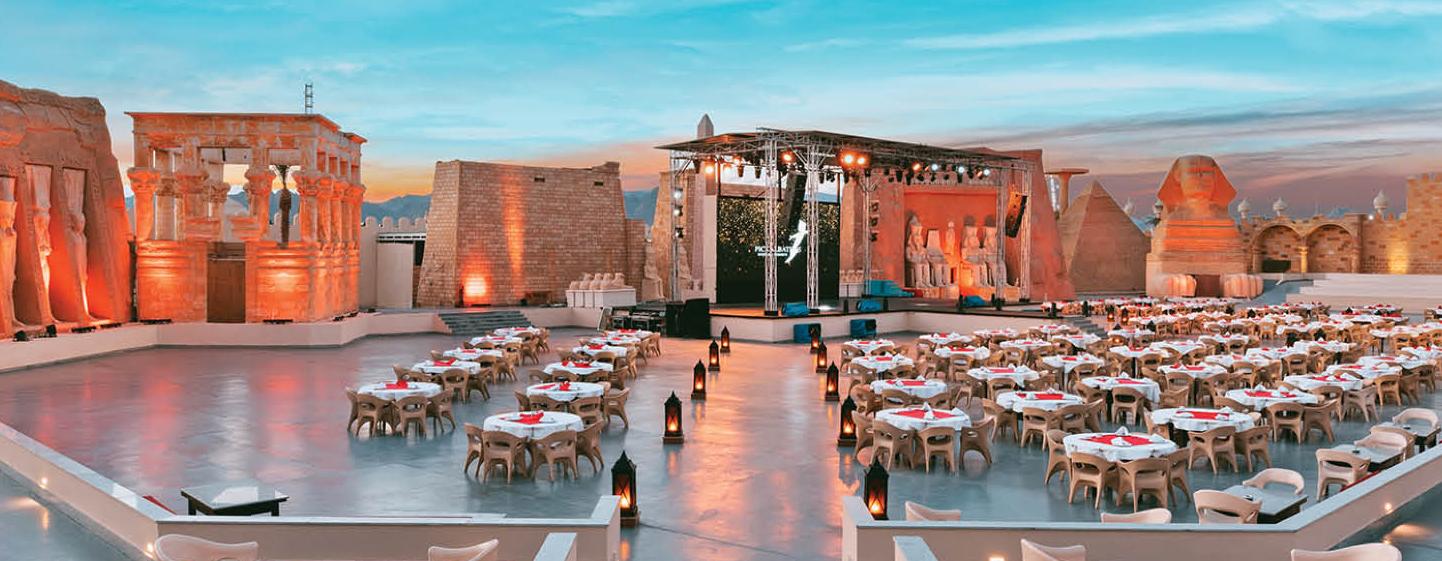
Let’s talk about room prices in Egypt in 2023. Are they fair, considering the quality of service and location? Is the industry selling at the right rates?
The pricing in our industry is driven by demand and supply, and it’s not always perfectly aligned with the quality of service and location. The tourism industry is dynamic and subject to various factors. Unfortunately, recent incidents both in Egypt and globally, such as the shark incident and the impact of COVID-19, have greatly affected our industry.
We could benefit from having a crisis management committee in place to better handle such situations. For instance, Dubai’s response to the fire incident is often taught in marketing as an excellent example of crisis management. In our case, there is often a lack of coordination, with everyone intervening independently, which can have a significant impact on our business. While crises are inevitable, we need to learn how to handle them more effectively.
What can you tell us about the major projects you’re currently working on?
Currently, I’m involved in four significant projects. I often tell myself I should slow down, but every time I achieve success, I find myself investing in something new. I once answered a question about my job by saying that:
My purpose is to create job opportunities for others. I build and provide opportunities without dwelling on past projects.
One of the main projects is “Neverland” in Hurghada. It’s a massive undertaking with 1,500 rooms and boasts the title of having the world’s largest aquapark. We measure its scale not only by the number of games but also by the overall space it occupies. In April next year, it’s set to open with a fresh concept. We’ve assembled an entertainment team representing more than 55 nationalities, offering various sports and even a museum. It’s destined to become a premier destination in Hurghada, and it primarily caters to families and kids. This year has seen tremendous success for this project, and the momentum is still going strong.
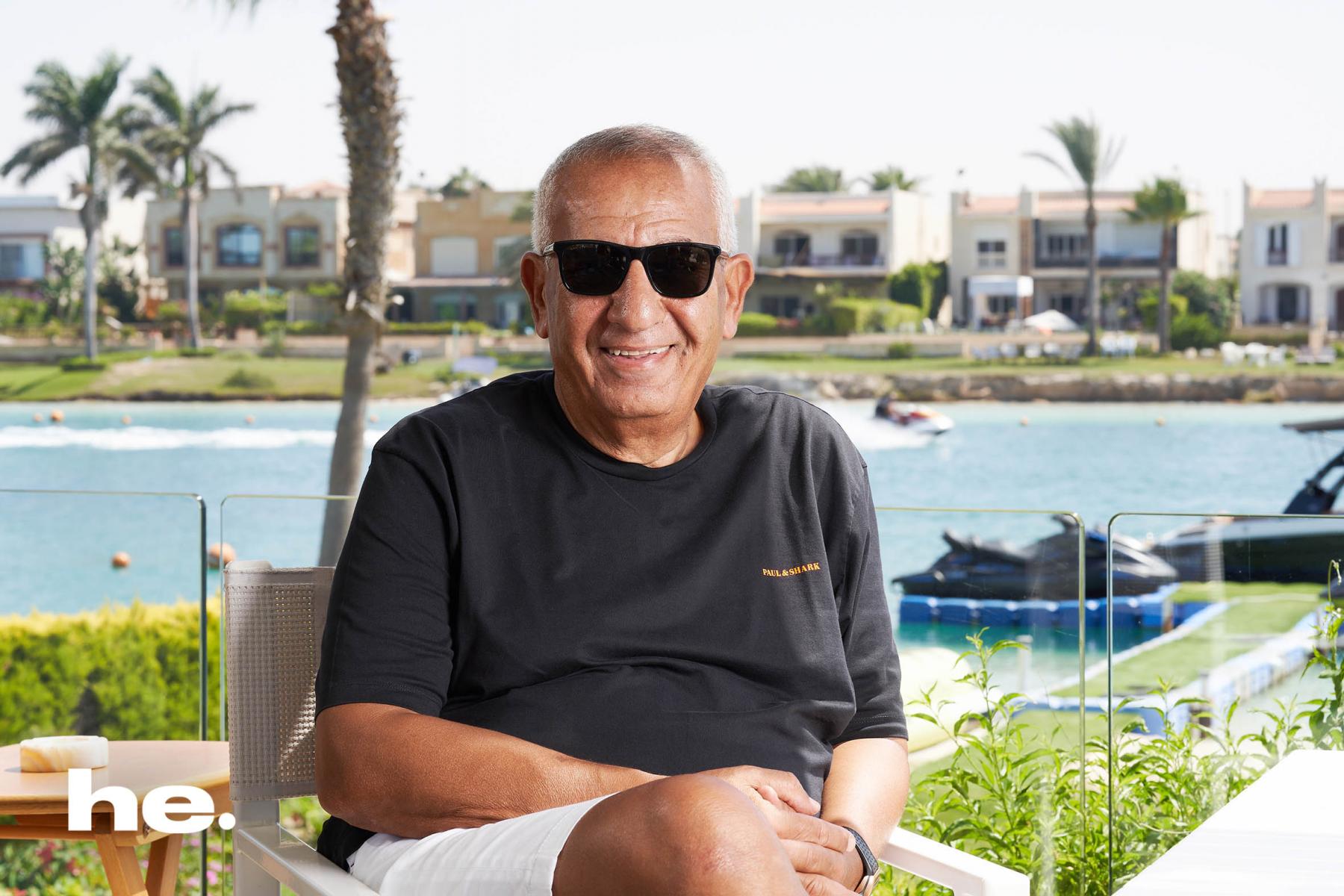
You have substantial investments in Morocco. Could you tell us about your personal and professional connection to Morocco?
My wife is Moroccan, and we’ve been married for 27 years. We have three children, and we’re fortunate to lead a peaceful and happy life, thanks to God’s blessings. After the Muslim Brotherhood assumed power, and the situation became increasingly unstable, I felt compelled to pursue a long-held ambition to invest in the Maghreb region. I acquired the Royal Mirage in Marrakech, which faced numerous challenges at the time. I not only purchased it but also built a mall. This property boasts 450 rooms and features the largest Buddha Bar, vibrant nightlife, and a magnificent fountain. Since then, it has experienced significant success.
I also ventured into creating the best Aqua Park in Marrakech. Another project, the White Beach in Agadir, involved obtaining land from the government, and we completed this hotel two years ago. There’s a fourth project on the horizon that we’ll be embarking on soon. Morocco is a country I hold in high regard, and I genuinely love its people and culture. I feel very comfortable there, and I’ve always wished they could be our neighbors.
Could you share some details about the number of operating rooms in both Egypt and Morocco and the diversity of nationalities that visit your hotels?
In Egypt, we have approximately 14,000 rooms. Last year, we welcomed around 1,125,000 tourists, and we anticipate reaching 1,300,000 by the end of this year. The majority of our guests come from Germany. I often say that those who fail to attract Germans aren’t truly tapping into the tourism market. Russians used to constitute a significant portion of our guests, but now, visitors from Eastern European countries like Poland, the Czech Republic, and Romania have become prominent. Ukraine used to send 1,600,000 tourists to Egypt in the past, but the situation has changed after the war.
What does the Albatros trademark signify, and what inspired its creation?
I wanted to establish my own brand to oversee all my projects. I was deeply impressed by Movenpick and their approach. The name “Movenpick” has an interesting story; it originates from a bird in Zurich called “Moven,” which means “bird.” The owner was sitting in Zurich, and a bird picked a piece of bread from his table, inspiring the name. I used to travel to wherever they opened a hotel and learn from their success. I wanted to replicate something similar. Therefore, Albatros, a bird found in South America, became the core of our brand. This bird can spread its wings up to 1.5 meters, is known for its loyalty, and has the unique ability to fly while sleeping. I then added “Pick” to the name, as seen in “Movenpick” before “Albatros,” creating “Pickalbatros.”
Could you give us a glimpse of the awards and recognitions your ventures have received over the years?
We’ve been fortunate to receive more than 100 awards to date, each signifying a specific aspect of our success. These awards cover a wide range of categories, from environmental excellence and quality to exceptional hospitality and more. Interestingly, these prizes are often better recognized abroad. Every year, we’re proud to secure approximately 4-5 prestigious awards, highlighting our commitment to excellence.
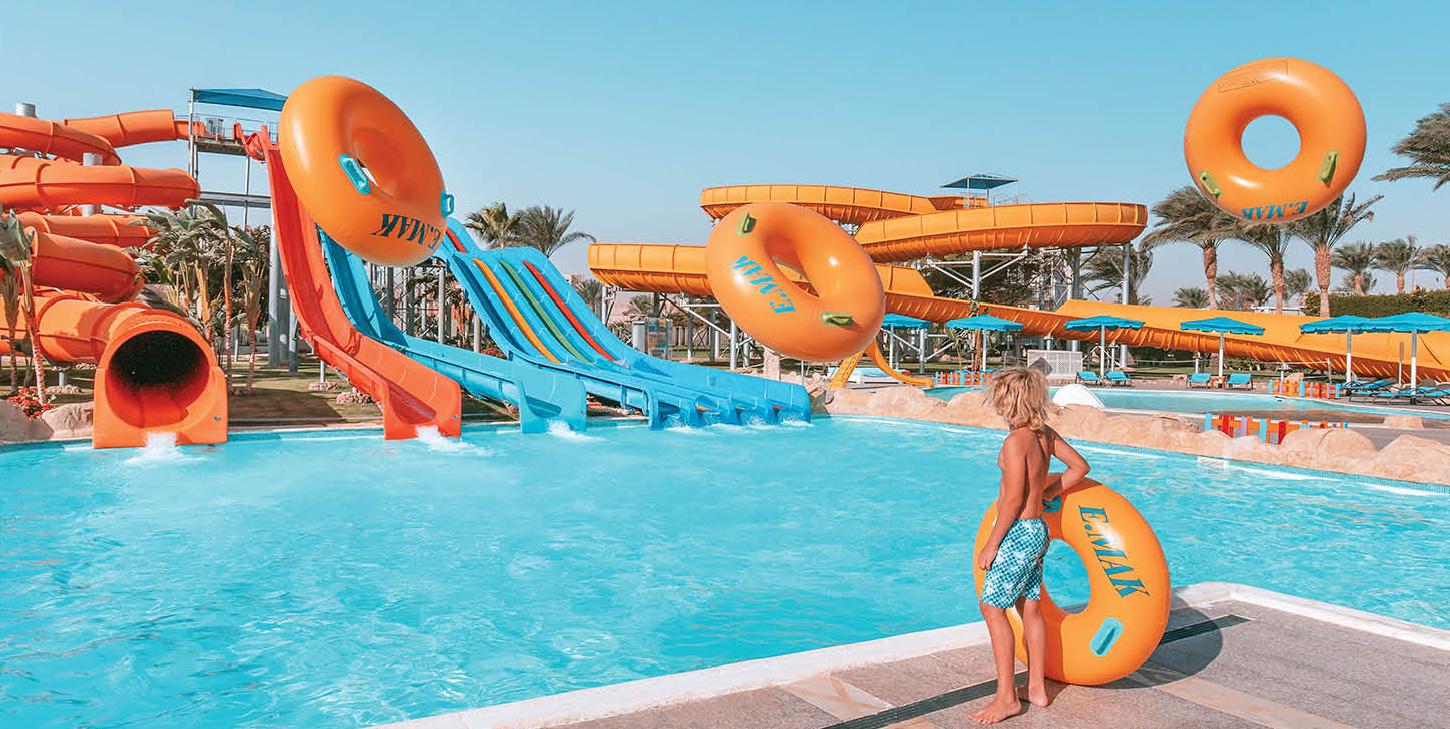
What, in your opinion, is the major touristic project that Egypt should consider undertaking?
I believe Egypt should focus on initiating 5-to 6 key projects. Firstly, Aswan is one of the most beautiful cities to visit during the winter season. We need to revitalize Aswan by planning and restoring it to its former glory.
Secondly, Sharm El Sheikh requires a strategy to attract guests through appealing restaurants and entertainment options that encourage spending.
The North Coast needs to evolve into a genuine year-round destination. This entails constructing proper hotels that can accommodate guests from around the world. We need to expand the number of rooms and enhance services. We must take action before it becomes too concentrated with villas and only attracts visitors for a short period. The government has already invested in essential infrastructure, making it feasible for year-round operations.
Additionally, Marsa Allam should be viewed from a different perspective. To accommodate the growing number of hotels, we need to provide a plethora of services. Currently, there are several gaps that need addressing. With the right investments, Marsa Allam has the potential to attract 15 million tourists annually, particularly during its unparalleled winter season. Similar opportunities exist in Hurghada and Safaga. We’ve already submitted a proposal that involves supplying water to the mountains and creating projects around them. This innovative approach can lead to significant developments in these areas.
If you were the Minister of Tourism for 10 minutes, what approach would you take?
If I had that chance, I’d opt for a proven strategy; rather than reinventing the wheel, I’d bring successful experiences to our country.
Take Bodrum, for instance, it’s surpassed Ibiza, Saint Tropez, and Monaco in importance. I’d thoroughly analyze what makes it successful and replicate those elements. And of course, I’d create original projects and add the elements that would make it different than any other thing.
The Artistic Aspect: Film Production
Moving on to the film industry, did your entry into this market also happen by chance?
Yes, it was a pure coincidence. We had the High Institute for Tourism at that time. One day, a friend of mine informed me that there was a movie that needed to be entirely produced in the institute – “Ezai Tekhali El Banat Tehebak.” They were in search of a producer, and after some discussions, I decided to take on the role. This marked the beginning of my journey in film production. I realized that it wasn’t as complex as it may have seemed. It’s a domain filled with creativity, requiring a touch of sentimentality, and it’s genuinely fascinating to work in. While the movie might not have been a blockbuster success from a business standpoint, it resonated well with the audience. I found myself deeply engaged in this field. Subsequently, I produced “Ayez Ha2i” in collaboration with the Arabian Company, led by Mrs. Esaad Yunis. After that, “Asal Eswed,” “Zaki Shan,” and “Alf Mabrook” followed. I think I’ve produced about 8-9 movies starring Ahmed Helmi. I also ventured into producing TV series, such as “El Gama3a 1,” written by Wahid Hamed, a dear friend whose soul may rest in peace. I consider this a meaningful endeavor, and contributing to it is truly rewarding. After 2011, things slowed down a bit. I produced “El Feel Al Azrak” and “El Gama3a 2” afterward.
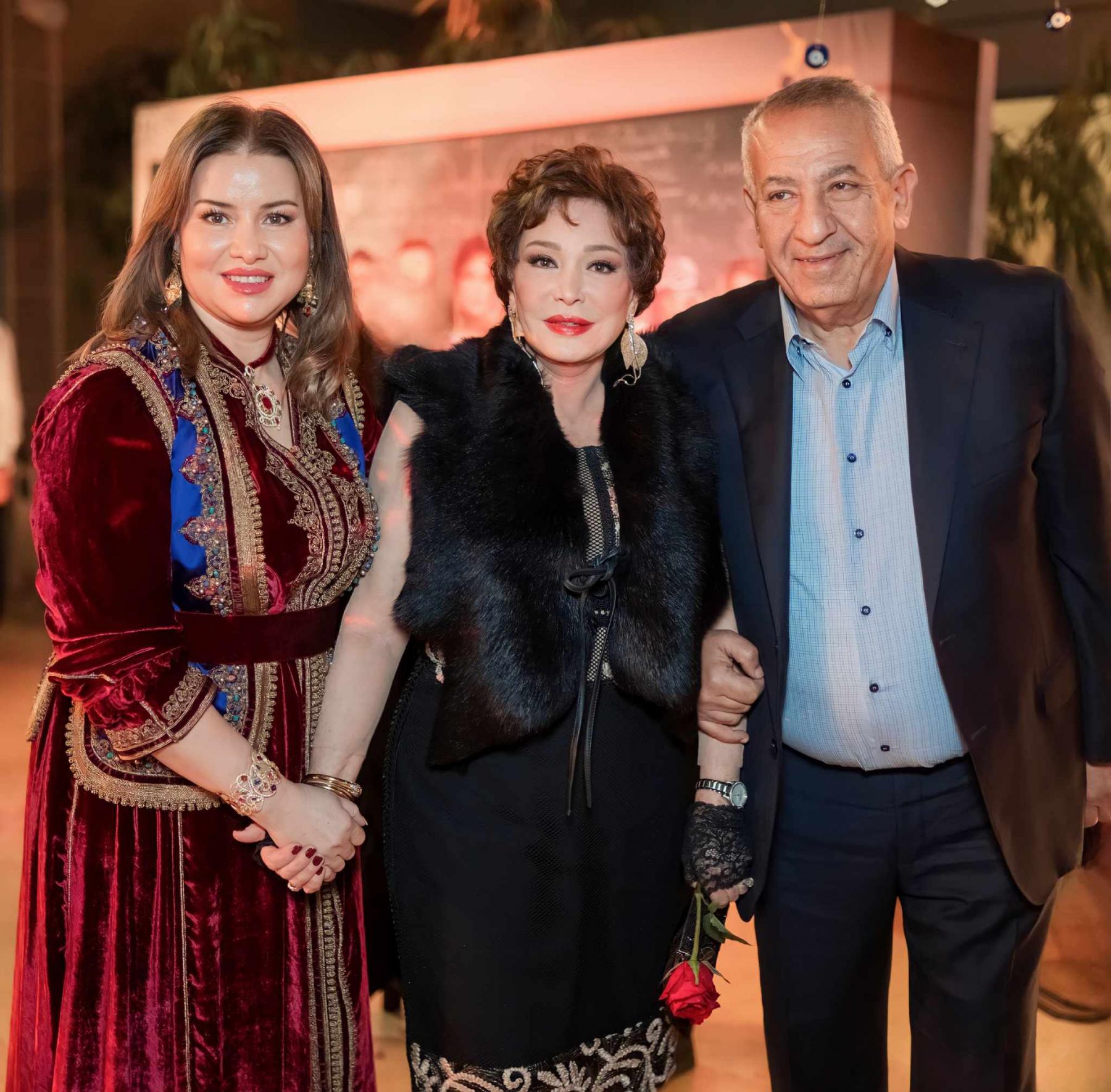
These days, your production output isn’t as prolific as before. Is there a specific reason for this?
There are several reasons for the change.
Art is all about feelings, so, it is often influenced by one’s mental and psychological state.
Right now, it’s not conducive for me. Additionally, the overall atmosphere in the industry has evolved. In the past, there were around 20-30 films produced annually, but it’s not the same anymore. There used to be intense competition among production houses, which is different now.
Do you believe that Egypt still leads the film industry in the Middle East, North Africa, and the Gulf region?
The landscape has indeed changed. We no longer hold the same prominent position as before, but the film industry is indeed a vital sector and a source of strength for any country, a great example is the U.S. Therefore, we need to put more emphasis and focus on nurturing this industry here in Egypt. This applies not only to cinema but also to music. In the past, we used to know the singer, composer, and lyricist behind a song. Today, it’s often not the case. I hope we can bring back this level of recognition and appreciation for the artists behind our music and films.
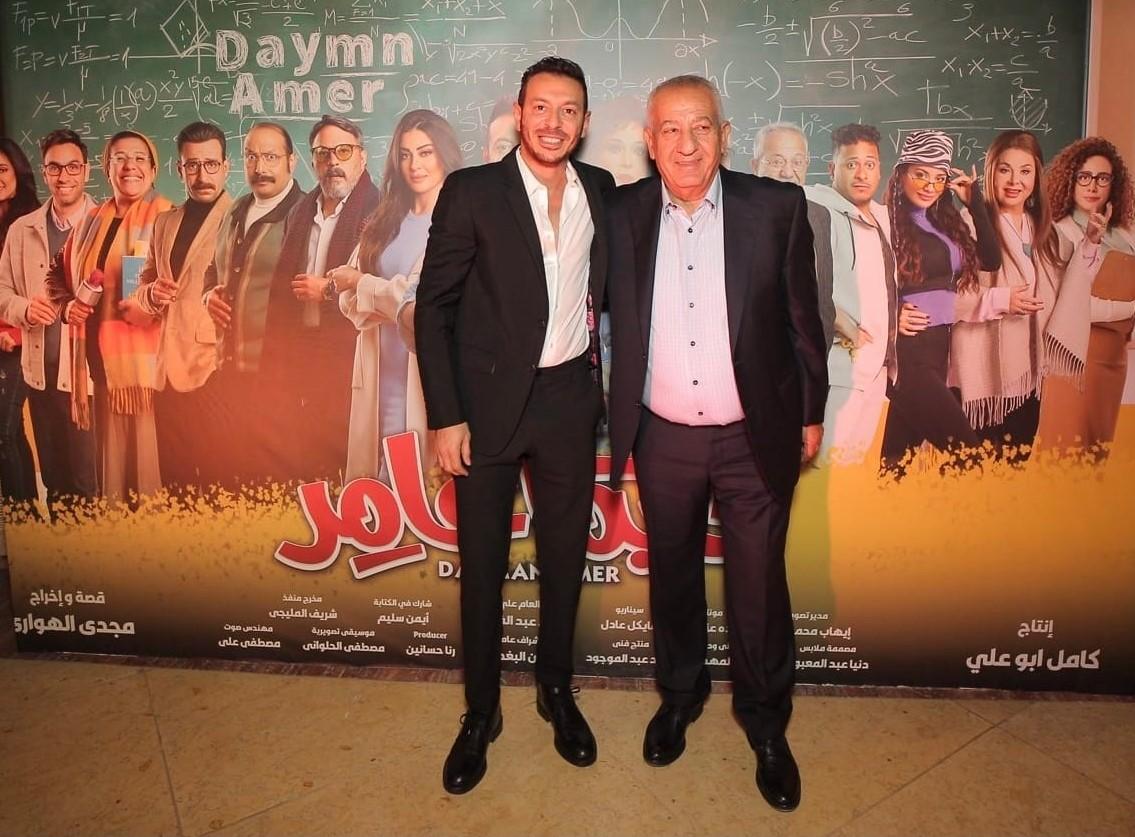
What are the challenges of the film industry nowadays?
The new generation is impatient. Many actors —although talented— after taking a role or two, just get too impatient to take a leading role and star in their next movie.
However, it doesn’t go that way; this thinking creates an unhealthy environment and instability. Unlike the golden era, when there were a lot of talented and successful actors who were very well-known for their secondary roles; like Omar El Hariry and many others.
How do you perceive the impact of artificial intelligence (AI) on the film industry, given its many potential uses?
No one can precisely predict what the future holds. Currently, technology worldwide is advancing rapidly across all fields, and you can’t stand in its way. I believe that both traditional methods and AI will coexist. It ultimately depends on how you utilize and market them correctly. The key is in your hands to embrace both and make them work harmoniously.
Is there a particular significant project you’d like to produce in the future?
I can’t say that I have a specific project in mind. I’m the type of person who enjoys receiving good ideas and projects and then taking them from there. However, for me to proceed with a project, it must have substantial worth and value. This is a message I’d like to convey through HE Magazine – I am open to receiving offers for projects that carry a meaningful message.
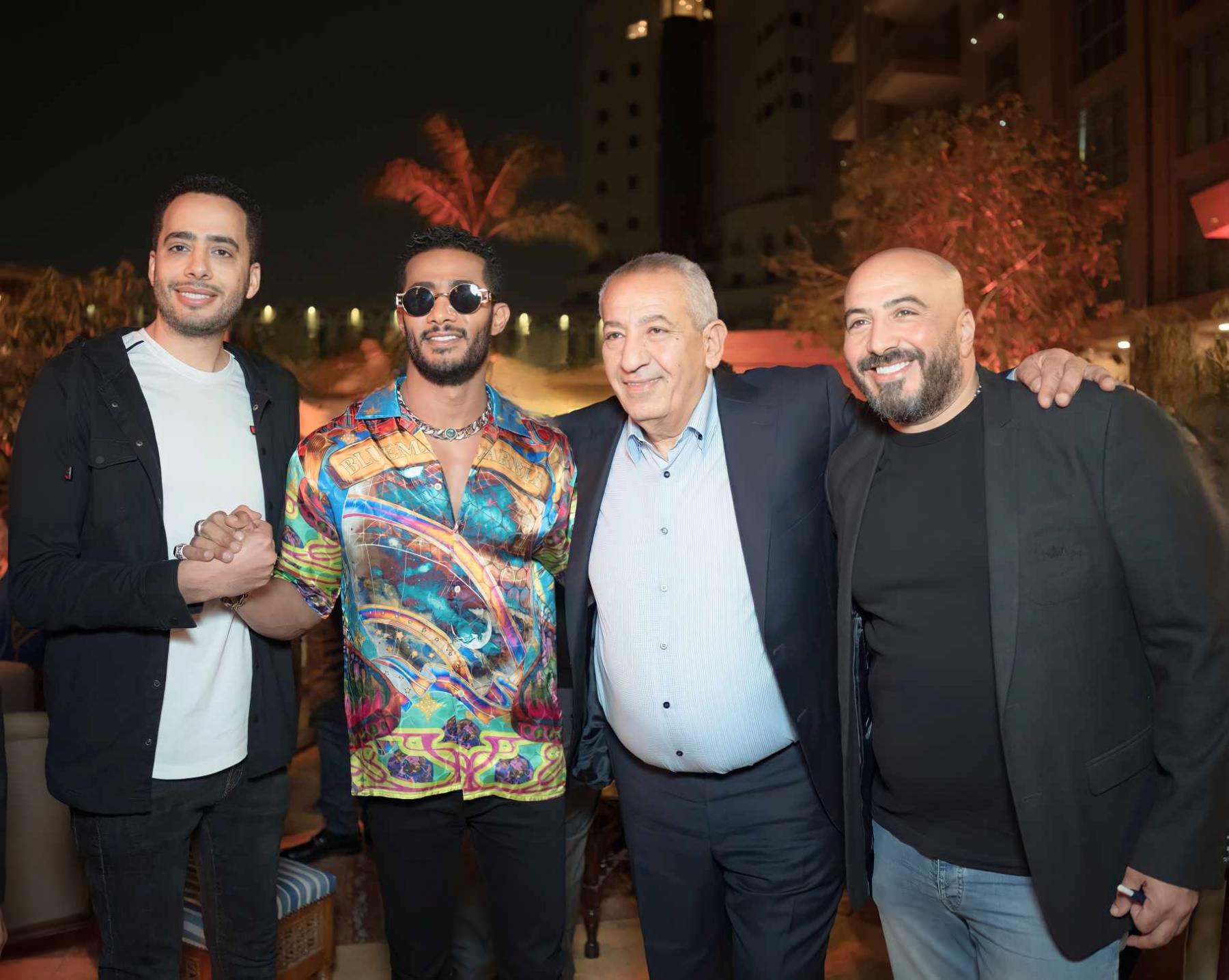
If you could choose any actor or actress to produce a movie for, who would it be?
I’ve always had a desire to produce a movie starring the superstar Adel Emam, but I haven’t had the opportunity yet. Adel Emam is a living legend who has made us proud on a global scale.
If I were to ask you to rank the components that make a project successful, which would come first among the following: The story/script, direction, acting, or production?
All these elements are undeniably important, and they complement each other in creating a successful project. Personally, I look first at the script because it’s the foundation – it’s where the story begins. After that, production takes precedence. If the producer makes poor decisions, even a great script may not work. The producer works closely with the director to bring the project to life, so direction comes next in line, followed by the actors.

Sports Industry
Moving on to the sports aspect of your career, Kamel Abou-Aly, can you tell us about your beginnings in this field?
I was born in Port Said in a generation that celebrated football champions. We were passionate supporters and ardent fans, always following and cheering for our favorite teams. However, my professional involvement in sports began when I was in Switzerland, where I became the president of a football club in 1984. In the 1990 World Cup match between Holland and Egypt, our club’s president expressed interest in acquiring Hani Ramzi. Consequently, I contacted the president of Al Ahli Club to negotiate for Hani Ramzi’s transfer. They demanded a substantial sum, and we successfully brought him to Switzerland. The following year, we also brought Ibrahim and Hossam Hasan, marking the beginning of Egyptian players’ transition to European clubs.
I later assumed the role of president of El Masry Club. Subsequently, I took a ten-year hiatus and returned. During this period, my primary focus was on the stadium project rather than holding the presidency. Now, with the stadium built and promising developments underway, we aim to further enhance our sports infrastructure.
.jpeg)
You are renowned for your ability to attract international celebrities to Egypt. Could you share some names of international players you’ve invited to Egypt? How do you leverage your sports connections to promote tourism?
I maintain a strong connection with Real Madrid. I have a personal rapport with Cristiano Ronaldo, and they visited us in Marrakesh. Our friendship began there, and we continue to visit each other from time to time. Through Cristiano Ronaldo, I got to know Karim Benzema, who stayed in our Hurghada hotel. We also welcomed Vinícius, the Real Madrid goalkeeper. Sergio Ramos visited Hurghada three years ago. Courtois was scheduled to come last year but couldn’t make it. These international players visited, enjoyed their experiences, and shared their stories about Egypt with millions of their followers on social media. This positive exposure significantly benefits Egyptian tourism.
What are the challenges the Football industry is currently facing in Egypt?
Football is part of the country’s security. We all need to work so that the organization as a whole comes back to its original state like before.
What is the point that today the tournament involves 12 teams of companies and 6 local popular teams including Al Ahly, Al Zamalek, Al Ismaeily, Madinat Al Mahala, and Al Masry. We could never create a tournament with only the mentioned 6 clubs. By the end, when we started mentioning sponsorships, the issue of equality arose; I object to that because as a club, I cannot afford the budgets of sponsorships like the other teams of companies; I can never compete with those; companies can afford that, clubs cannot.
.jpeg)
Is Egypt gradually losing its leading position in the football scene in the Arab world?
Football, like any other sport, has its ups and downs. I believe that the upcoming generations will impress us in the next three to four years and contribute to the national team’s success. However, we need to look at the bigger picture and focus on strengthening the organization itself. Building a team capable of performing under pressure, whether in front of a crowd or in an empty stadium, is vital.
How do you view the developments in Saudi Arabia’s football scene?
I’d say it’s a brilliant strategy! Now, the entire world is talking about Saudi Arabia. Their approach is a genius marketing move. While they are making substantial investments, it’s undoubtedly paying off in terms of marketing. Their global image is undergoing a transformation, which will benefit them in various aspects, including investment opportunities. This underscores the significance of football and the need for us to pay more attention to it.
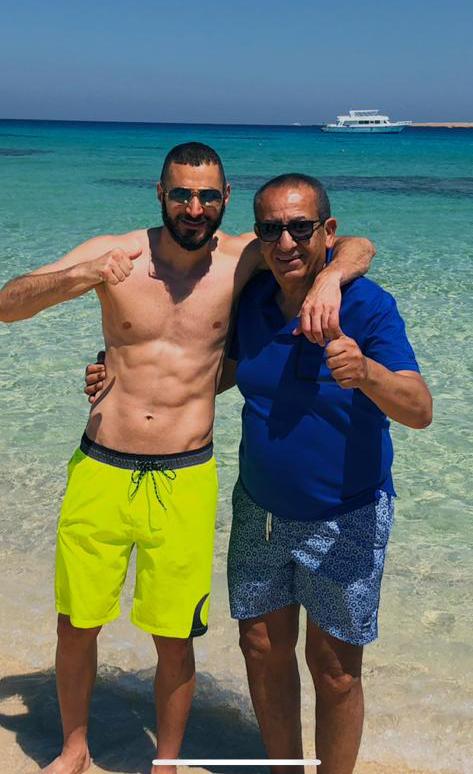
The Family Man
Behind every successful man, there’s often a great woman. Today, we have the pleasure of speaking with Mrs. Fayza, the wife of Kamel Abou-Aly.
Is Kamel Abou-Aly the same person at home as he is in his business life?
At home, Kamel is a very simple, genuine, and calm individual. He is optimistic, just like he is in his professional life. Kamel makes a conscious effort to leave all his business problems at the door and not bring them home. He always tries to highlight the positive and ambitious aspects of his work. Of course, there are times when we discuss challenges at home, but he usually endeavors to keep them separate from our family life.
With his busy schedule, does he manage to spend enough time at home?
Yes, he does his best to be present as much as possible. For instance, we make it a point to have breakfast and dinner together regularly. Even during the two summer months, he prioritized spending time with the family, even if the kids wanted to have other plans; they learned that it is a ritual to spend it together.
Did you expect to marry an Egyptian man, or was it purely a coincidence?
It was purely a coincidence. We met by chance. However, in Morocco, we always had an affinity for Egyptian culture, language, and people. The Egyptian language was particularly attractive to us, which made things easier in our encounter. I consider myself fortunate to have met Kamel.
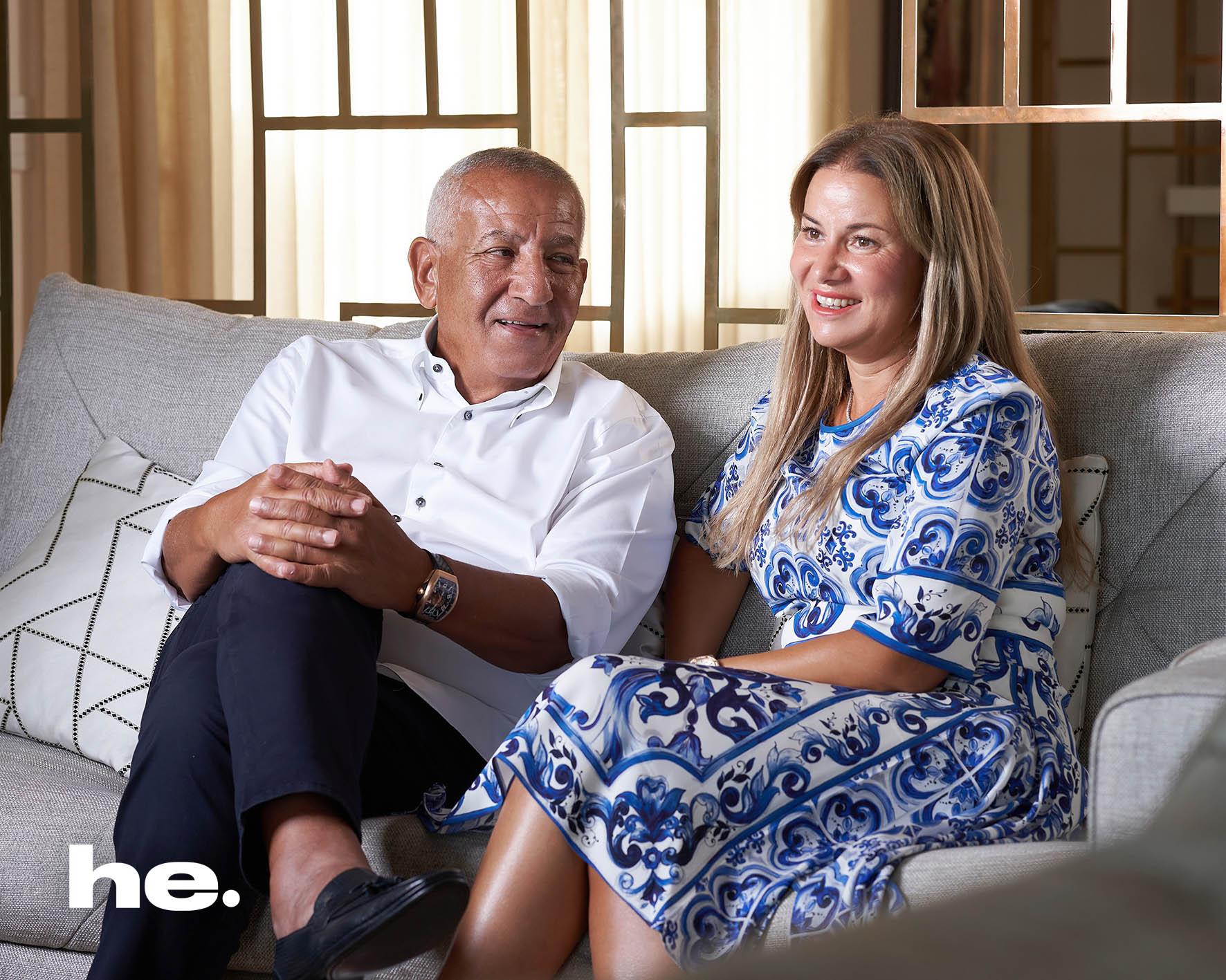
Regarding your fluency in the Egyptian dialect, how long did it take you to reach such proficiency?
It did take some time because I wasn’t initially in contact with many Egyptians. However, after our kids started attending schools, I gradually built a community here, and my language skills began to improve. While I still retain elements of the Moroccan dialect, there are times when I forget about it, and I feel more like an Egyptian. This transformation bothers some of my Morrocan friends and family, but it’s the reality of my life now.
Have there been any conflicts at home due to the differences in Egyptian and Moroccan thoughts, traditions, or other aspects?
Well, as I mentioned earlier, because of the distance and my life here in Egypt, I find myself embracing more of the Egyptian way of life. My mindset, interests, and preferences have become more Egyptian over time. Any conflicts that do arise are mostly related to football games; I still cheer for Morocco during those matches. I try not to show bias, but some things are hard to change.
What, in your view, is the most important trait that the wife of a successful businessman should possess?
The most vital quality is not to be selfish and not to demand too much of his presence. We all desire a happy life filled with luxury and prestige, but each of these things comes at a price. He bears the responsibility for all the work and challenges. My role is to work on other aspects to complement the life we desire. This includes ensuring our home is a place of calm and is well-equipped, with no additional internal stress to compound the external pressures he faces.
Interview By: Amr Selim
Written by: Perihan El Etreby
Art Director: Noureldin Selim
Director/photography: Abdelrahman El Dash
Videography: Fady Samir
Video editor: abdelrahman el-laithy
